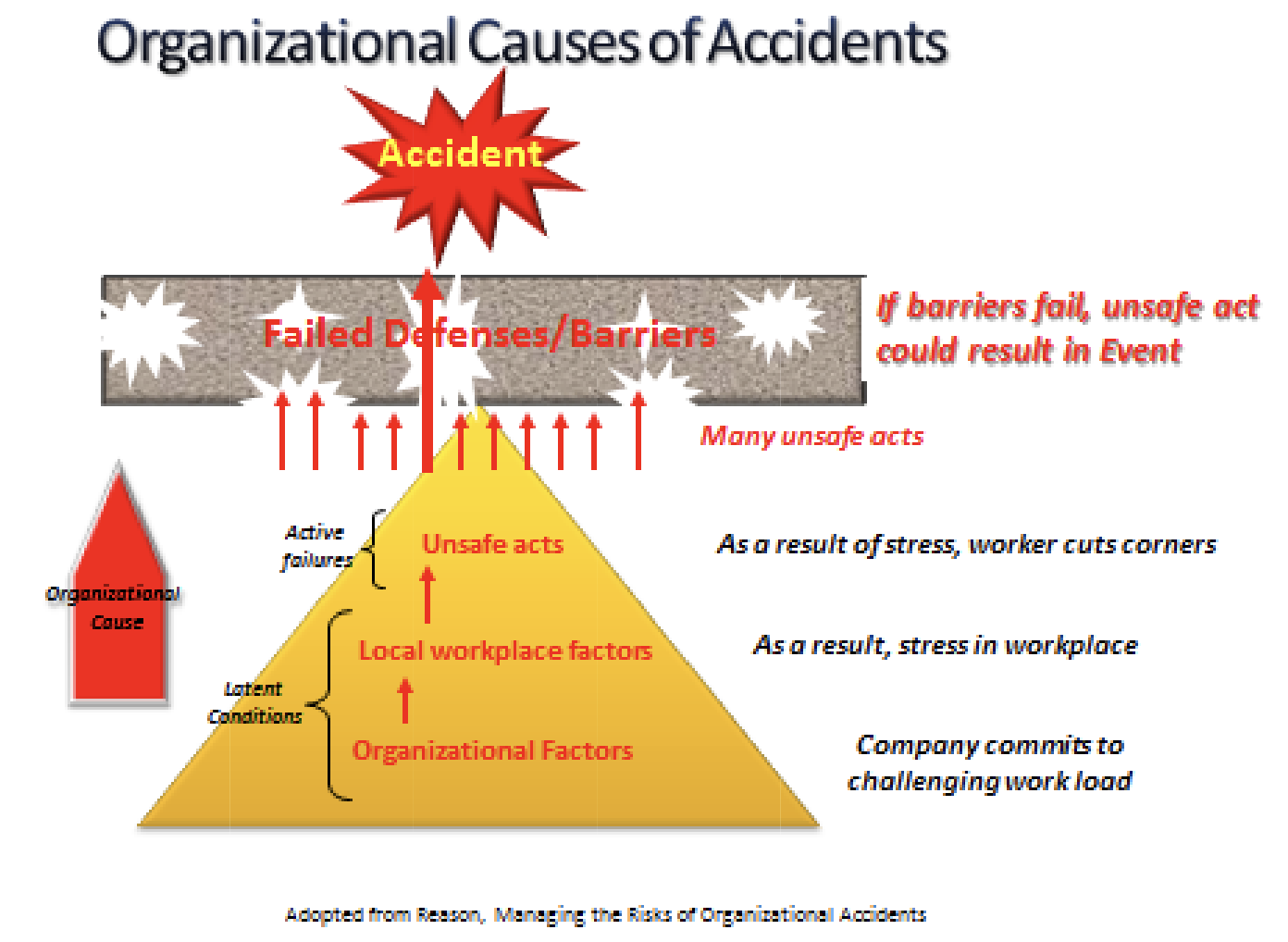Organizations with good safety cultures consider failures and “near misses” as lessons that can be used to avoid more serious events. There is thus a strong drive to ensure that all events which have the potential to be instructive are reported and investigated to discover the root causes and that timely feedback is given on the findings and remedial actions, both to the work groups involved and to others in the organization or industry who might experience the same problem.
This “horizontal” communication is particularly important. Near misses are also very important because they usually present a greater variety and volume of information for learning. All employees must be encouraged to report even minor concerns to achieve this. This raises the important question of “blame-free” reporting.

